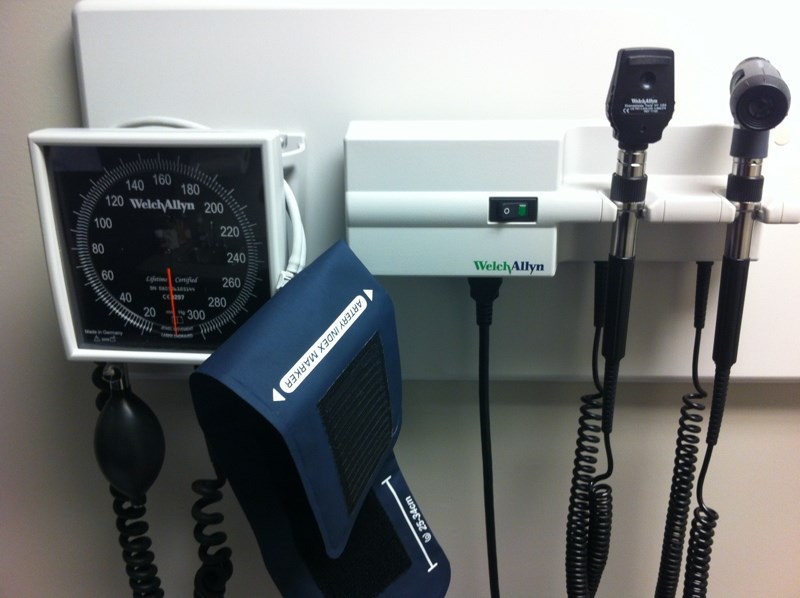The predicament of a Victoria resident who was diagnosed with Stage 3 prostate cancer after being denied a blood test has generated both sympathy and controversy. Grant McKenzie was refused a prostate specific antigen test at age 53. Two years later, his cancer was found.
McKenzie believes that had he been granted the test, his cancer would have been diagnosed at an earlier stage. The provincial health ministry funds PSA tests only when ordered by a clinician, and not for men with no symptoms.
This is a hotly contested issue. Some experts are convinced that PSA tests are beneficial because they find some early-stage cancers that might otherwise have gone unnoticed.
On the other side of the debate, the Canadian Task Force on Preventive Health Care has recommended doing away with PSA screening altogether (meaning tests of men in good health), because it does more harm than good.
How can these opposing views be explained? It comes down to a value judgment. Is it better to help the few, even if it means harming the many?
The task force argued that PSA tests are known to produce large numbers of false positives. An American study found that 75 per cent of patients who had high PSA scores were cancer-free.
But that’s a problem, because someone with an elevated score will likely undergo a battery of followup procedures. These might include digital rectal exams, ultrasound imaging and a needle biopsy. Unavoidably, this consumes scarce resources and causes — in most cases — needless anxiety.
There is also the concern that surgery to remove a prostate tumour might not be as beneficial as once believed. Without question, an operation can be lifesaving for patients with an aggressive form of the disease.
Yet a U.S. study followed 731 prostate cancer patients for 20 years. By the end of that period, the mortality rate among those who had surgery was just four per cent lower than for those who did not. And there was a price to be paid for that relatively modest gain.
While estimates vary, up to 40 per cent of men who have this operation subsequently experience incontinence, and as many as 75 per cent suffer impotence.
Although in some cases these side-effects are temporary, in others they are not. Is it worth risking such life-altering injuries when the benefits of surgery are limited?
A further complicating factor when deciding whether to screen is the fact that the majority of prostate tumours are slow-moving. About 50 per cent of men age 70 have prostate cancer cells in their body, but most die without ever knowing they had the disease.
That’s why many patients who are diagnosed in the early stages are advised to postpone treatment, and instead conduct what’s called “watchful waiting.” That means having checkups every six months. But this imposes a significant psychological strain, even if the tumour doesn’t progress.
There is, of course, another side to this. While the five-year survival rate for prostate cancer averages 95 per cent, more than 4,000 men die of this disease each year in Canada. As the third leading cause of cancer mortality in males, it demands our full attention.
For men without symptoms, perhaps the decision comes down to a matter of personal choice.
One patient’s quality of life might be harmed significantly by years of watchful waiting. Better to leave things alone, and accept whatever risk that entails.
Another would gladly put up with any inconvenience to buy a degree of certainty.
Given the conflicting opinions among experts, probably the best advice is that men over 50 should discuss their options fully with a GP.



